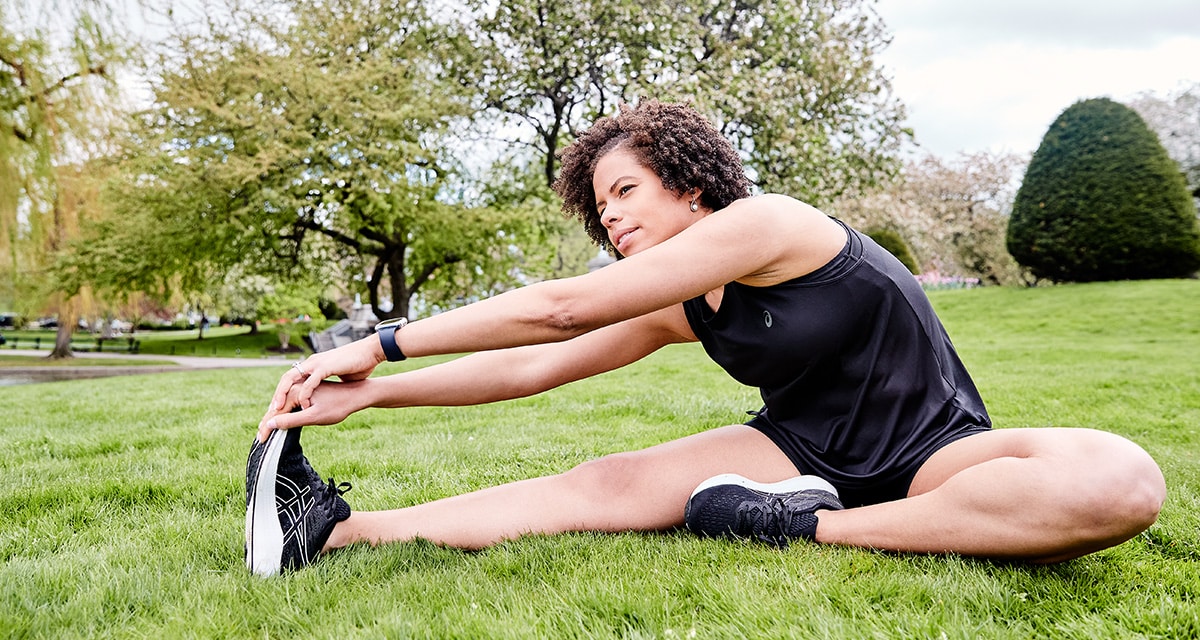Running is a great way to stay fit and healthy. But to keep running safely, it’s important to know how to take care of your body. This guide will help you learn how to balance your nutrition and prevent injuries. Eating the right foods and taking care of your body can make a big difference in how well you run and how you feel.
Whether you’re a beginner or a seasoned runner, this guide will give you simple tips to stay strong and injury-free. Let’s get started on the path to better running health!
Common Running Injuries

Shin Splints: Shin splints cause pain in the front of your lower legs. They often happen when you run too much or on hard surfaces.
Stress Fractures: Stress fractures are tiny cracks in your bones. They usually happen in your feet and lower legs. These fractures can occur when you increase your running distance or speed too quickly.
IT Band Syndrome: The IT band is a thick band of tissue running down the outside of your thigh. IT band syndrome causes pain on the outside of your knee. It can happen if you run on uneven surfaces or don’t stretch properly.
Plantar Fasciitis: Plantar fasciitis causes pain in the bottom of your foot, near the heel. It often happens when you run a lot without proper shoes or support.
The Role of Nutrition in Injury Prevention
Eating the right foods can help you stay injury-free. Here are some key nutrients that support your body:
Protein: Protein helps repair and build muscles. Good sources of protein include chicken, fish, beans, and nuts.
Calcium: Calcium is important for strong bones. You can find calcium in dairy products like milk and cheese and also in leafy green vegetables.
Vitamin D: Vitamin D helps your body absorb calcium. You can get vitamin D from sunlight, fish, and fortified foods like milk and cereal.
Omega-3 Fatty Acids: Omega-3 fatty acids reduce inflammation and support joint health. You can find them in fish, flaxseeds, and walnuts.
Pre-Run Nutrition: Fueling for Success

Eat Carbohydrates: Carbohydrates give you energy. Good choices include whole-grain bread, oatmeal, and bananas.
Include a Little Protein: Protein can help keep your energy steady. Try eating a small amount of yogurt or a handful of nuts.
Timing: Eat your meal or snack 1-2 hours before running. This gives your body time to digest and use the energy.
Portion Size: Don’t eat too much before a run. A small meal or snack is enough to fuel you without making you feel too full.
Post-Run Recovery Nutrition
After a run, your body needs the right nutrients to recover. Here’s what to focus on:
Protein: Protein helps repair your muscles. Good post-run snacks include a protein shake, a turkey sandwich, or a glass of chocolate milk.
Carbohydrates: Carbs help restore your energy. Try eating fruits, whole-grain crackers, or a smoothie with both carbs and protein.
Antioxidants: Antioxidants help reduce muscle soreness. You can get them from berries, nuts, and colorful vegetables.
Hydration and Its Impact on Performance and Injury Prevention

Performance: When you’re well-hydrated, your body performs better. You have more energy and can run longer.
Injury Prevention: Dehydration can lead to muscle cramps and injuries. Drink water regularly to keep your muscles working well.
Fluid Intake: Drink water before, during, and after your run. Listen to your body and drink when you’re thirsty.
Signs of Dehydration: Look out for signs like dry mouth, dark urine, and dizziness. If you notice these signs, drink more water.
Supplements for Runners: Do You Need Them?
Some runners use supplements to support their nutrition. Here’s what you need to know:
Multivitamins: A multivitamin can help if you don’t get enough nutrients from food. But it’s best to try to get your vitamins from a balanced diet.
Protein Powders: Protein powders can be useful if you need more protein. They’re convenient after a run, but whole foods are a great choice, too.
Electrolytes: Electrolyte drinks can replace salts lost in sweat. These can be helpful, especially for long runs in hot weather.
Risks: Not all supplements are safe. Some can have side effects or interact with medications. It’s important to consult with a nutritionist, such as those from Mitchell Holistic Health, to determine if supplements are right for you before starting any
Training Tips to Prevent Injuries

Balanced Training: Mix running with other activities like swimming or biking. This helps work different muscles and prevents overuse injuries.
Strength Training: Include strength exercises to build strong muscles. Focus on your legs, core, and upper body.
Flexibility Exercises: Stretch regularly to keep your muscles flexible. Yoga can be a great addition to your routine.
Rest Days: Take rest days to let your body recover. Rest is as important as training.
Warm-Up and Cool-Down: Always warm up before running and cool down after. This helps prevent muscle strains and injuries.
Listening to Your Body: Recognizing Early Signs of Injury
Paying attention to your body can help you catch injuries early. Here’s what to look for:
Pain: Pain that doesn’t go away with rest might be a sign of an injury. Don’t ignore it.
Swelling: Swelling in any part of your body after running can indicate a problem.
Persistent Discomfort: If you feel discomfort that doesn’t improve, it’s time to take a break and rest.
Seeking Help: If you’re unsure about pain or discomfort, see a doctor or a physical therapist such as from Functional Phyzio and Performance Therapy. Early treatment can prevent more serious problems.
Conclusion
Staying healthy as a runner involves balancing good nutrition and smart training. Eating the right foods, staying hydrated, and listening to your body are key to preventing injuries. By following these tips, you can enjoy running and stay injury-free. Remember, your health is the most important part of your running journey. Happy running!

